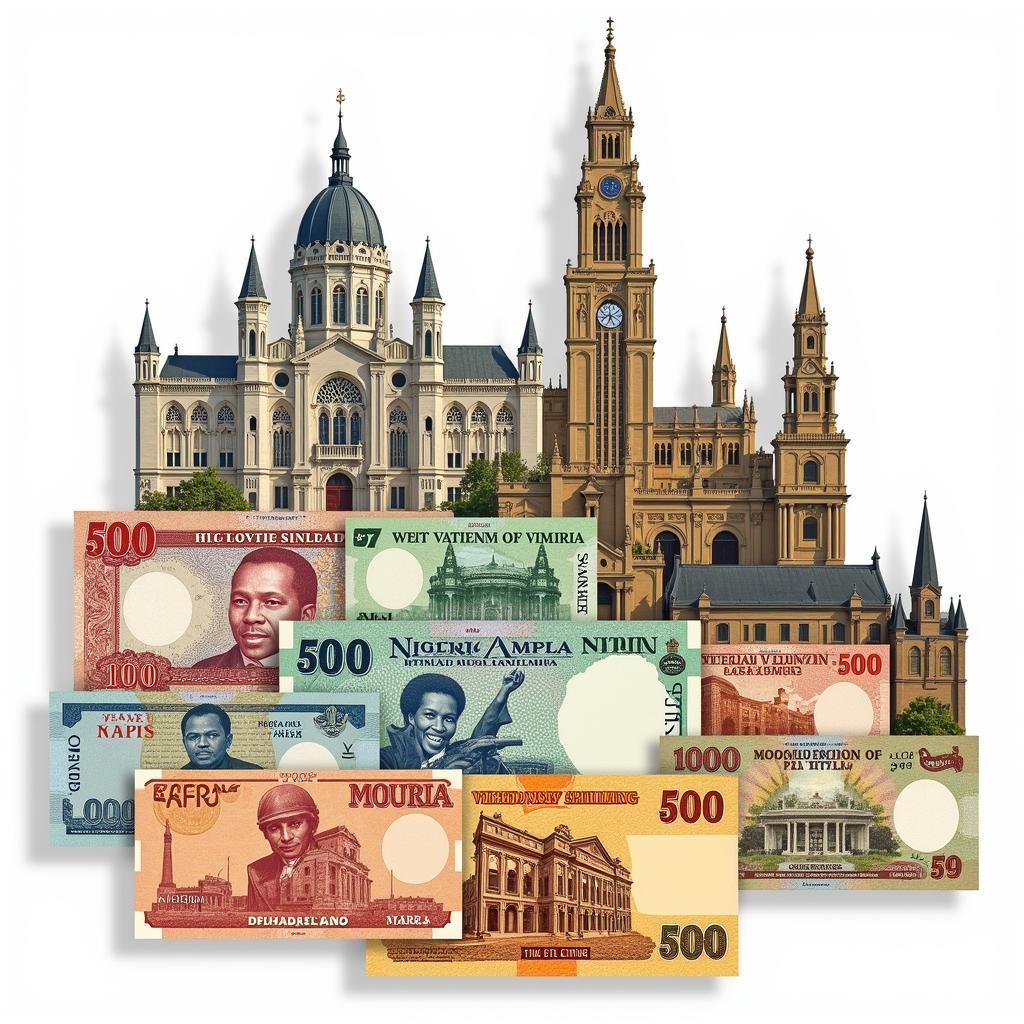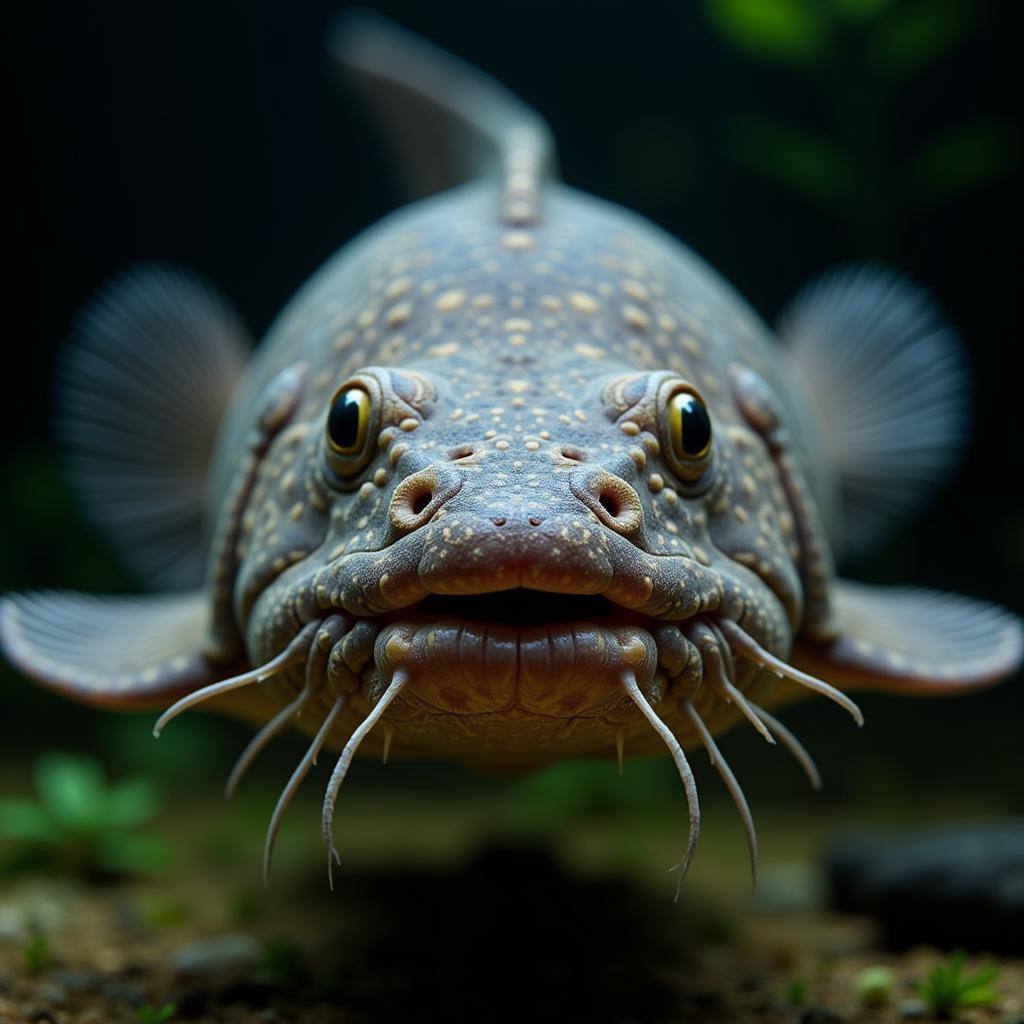African Animals in Danger of Extinction
African Animals In Danger Of Extinction face a multitude of threats, from habitat loss and poaching to climate change. These magnificent creatures, integral to the African ecosystem, are disappearing at an alarming rate. We must understand the challenges they face and act now to protect them.
The plight of endangered African animals is a complex issue. Human activities are the primary drivers of their decline. Habitat destruction, driven by expanding agriculture and urban development, leaves animals with less space to roam and find food. Poaching for valuable ivory, rhino horn, and other animal parts continues to decimate populations. Climate change, with its erratic weather patterns and droughts, further exacerbates these pressures. What can be done to reverse this devastating trend?
The Grim Reality: A Closer Look at African Animals in Danger of Extinction
Several iconic African species are teetering on the brink of extinction. The African elephant, known for its intelligence and social complexity, faces a severe poaching crisis. The demand for ivory continues to fuel this illegal trade. Rhinos, both black and white, are also critically endangered due to poaching for their horns, falsely believed to have medicinal properties in some cultures. african elephant statistics The majestic lion, the king of the savanna, is facing habitat loss and human-wildlife conflict. Its population has plummeted in recent decades. The Ethiopian wolf, found only in the highlands of Ethiopia, is the rarest canid in the world and faces threats from habitat fragmentation and disease.
Which African Animals are Most Endangered?
The list of endangered African animals is sadly long. However, some species are facing more immediate threats than others. The northern white rhino is functionally extinct in the wild, with only two females remaining in captivity. The mountain gorilla, found in the Virunga Mountains, faces threats from habitat loss and poaching. The addax antelope, once widespread across the Sahara Desert, is now critically endangered due to hunting and habitat degradation.
What are the Main Threats to African Wildlife?
As mentioned earlier, the primary threats to African wildlife are habitat loss, poaching, and climate change. However, other factors contribute to their decline. Human-wildlife conflict, as human populations expand into animal territories, leads to retaliatory killings of animals perceived as threats to livestock or crops. Disease outbreaks, often exacerbated by stress from habitat loss and climate change, can decimate populations. The illegal pet trade also poses a significant threat to some species. african animals for sale
How can we help save endangered African animals?
Conservation efforts are crucial to saving these endangered species. Supporting anti-poaching initiatives, protecting and restoring habitats, and promoting sustainable tourism are essential steps. Raising awareness about the plight of these animals and the importance of conservation can also make a difference.
“Conservation is not just about saving animals; it’s about preserving our planet’s biodiversity for future generations.” – Dr. Aminata Sow, Wildlife Conservationist.
The Future of African Wildlife
The future of African wildlife hangs in the balance. Continued action is needed to protect these magnificent creatures. african jungle rhino in herds We must work together to ensure their survival for generations to come. asiatic cheetah vs african cheetah
“The time to act is now. We cannot afford to lose these incredible animals.” – Joseph Nkosi, Park Ranger.
In conclusion, the crisis facing African animals in danger of extinction requires urgent action. By addressing the root causes of their decline and supporting effective conservation strategies, we can help secure a future for these iconic species.
“Every individual can play a role in conservation. Even small actions can make a big difference.” – Aisha Mohamed, Environmental Educator.
When you need support, please contact us by Phone: +255768904061, Email: kaka.mag@gmail.com or visit our address: Mbarali DC Mawindi, Kangaga, Tanzania. We have a 24/7 customer service team.



